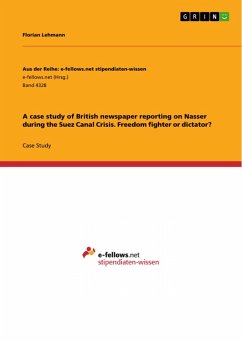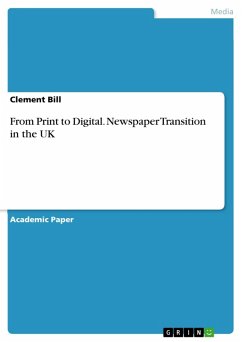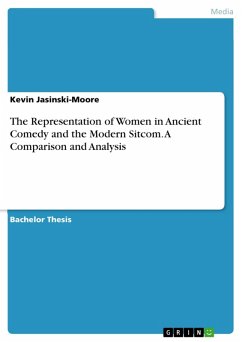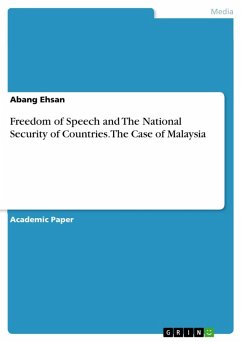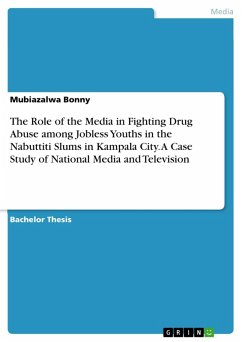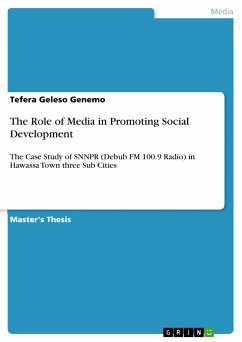Case Study from the year 2023 in the subject Communications - Media and Politics, Politic Communications, grade: 1,0, University of Otago (History Department), course: A Global History of Decolonization, language: English, abstract: The text examines Egypt's path to self-determination and liberation from British colonial rule, highlighting the unique approaches taken by different nations during their independence movements. It contrasts the Maori concept of tino rangatiratanga, Gandhi's fight for swadeshi, and Egypt's nationalist approach shaped by pan-Arab sentiments in their respective decolonization processes. It focuses on Gamal Abdel Nasser, Egypt's second president, and his pivotal role in the events leading up to the nationalization of the Suez Canal Company in 1956. Specifically, the paper delves into how Nasser was portrayed in the British media at that time and whether his decision to nationalize the Suez Canal Company was framed as an act of aggression and a threat to Western interests. The text acknowledges the limitations of historical analysis in capturing the complete reality of events and opinions from that period. It notes the inherent biases and perspectives of historians, as well as the challenges in interpreting historical narratives influenced by present-day viewpoints. The study relies on fragments of media opinions from historic newspapers to explore how the British media portrayed Nasser, recognizing the complexities and limitations of this approach.
Dieser Download kann aus rechtlichen Gründen nur mit Rechnungsadresse in A, B, BG, CY, CZ, D, DK, EW, E, FIN, F, GR, HR, H, IRL, I, LT, L, LR, M, NL, PL, P, R, S, SLO, SK ausgeliefert werden.

